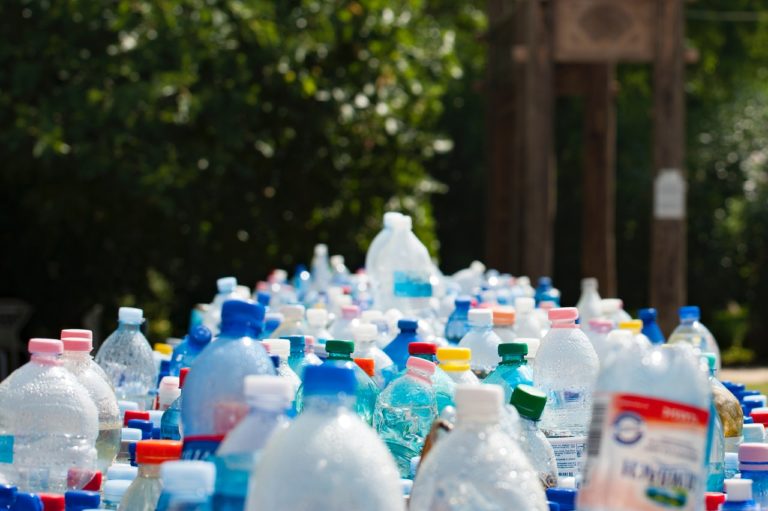New regulations have been gazetted which hold the manufacturers of packaging and other products accountable for their products for the duration of its lifetimes.
The Department of the Environment, Forestry and Fisheries, gazetted the regulations for a mandatory Extended Producer Responsibility (EPR) scheme, that extend the producer’s responsibility for their products and packaging to the end-of-life stage of their life cycle.
This means that they will be responsible for collecting, sorting, refurbishing, reusing, recycling and/or disposing of their products and packaging in a sustainable manner. It also requires them to report on progress made towards the collection and recycling targets specified per packaging material and format in the regulations.

The new regulations aim to hold the manufacturers of potentially harmful products accountable.
The EPR scheme covers a range of packaging materials, including glass, metal, paper and plastic packaging, but also single-use plastics, including food packaging, bottles, straws, containers, tubs, cups and cutlery.
Not only can EPR strengthen sustainable waste management more broadly, but it also provides incentive mechanisms for product redesign, or eco-design, for increased repairability, reusability or recyclability and, therefore, plays a critical role in supporting a circular economy transition.
Lorren de Kock, Project Manager: Circular Plastics Economy with WWF South Africa, commented: ‘We also welcome the requirement that producers integrate informal waste reclaimers into the post-consumer collection value chain and to pay them for services rendered. The informal sector plays a critical role in collecting recyclable waste but continue to face numerous challenges. It is great to see their recognition and inclusion in the EPR regulations.
‘However, with that said, there will be challenges, as well as opportunities, in implementing these regulations. It will require significant effort and collaboration among all stakeholders, including industry, government, waste management operators and consumers. While the regulations make producers responsible for their waste, it still requires you, the consumer, to play your part by avoiding unnecessary plastic, investing in reusable products and separating your recyclable waste so that it can be collected and recycled for a circular plastics economy.
Source: WWF
Picture: Pexels

















